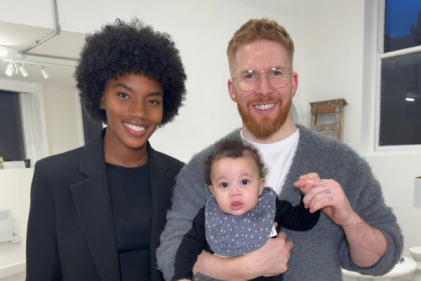When your child is learning to form real sentences, instead of merely saying words, sometime between 30 months and five years, a lot of what he or she says may sound like stuttering.
Stuttering is actually a lot less common in toddlers and preschoolers than you think though.
In fact, when your child repeats words over and over, it’s less likely to be stuttering, and more likely to be his brain searching for the right words, a little like a computer stalling when it is overworked.
True stuttering is not usually about repeated words. It’s about repeated sounds. For instance, instead of saying ‘sweet,’ your child says ‘s-s-s-sweet.’ You may also notice that sometimes, he or she opens their mouth to speak, and no sound comes out, or that there’s tension in his mouth, cheeks or jaw. Some children, and adults, even clench their fists when they stutter, due to the tension build-up.
If this only happens when your child is excited, nervous or scared, then there’s probably no cause for concern, however, if it’s happening often, over a period of three to six months, you may want to seek the advice of a speech therapist.
At home, you can help your child by speaking slowly and clearly, rather than rapidly. Even without your instruction to, your child will pick up on this change, and mimic your speech. That should make them concentrate on the words more, and on the stutter less, and can help the problem.





